Fundamentals of the Universe
The aim of this research theme is to study the fundamental forces of Nature with implications for the Universe. This theme connects research across all length scales by using the striking similarities in physics from the Planck scale (quantum gravity) via sub-atomic scales (particle physics) to cosmic dimensions (cosmology and astrophysics). Pivotal to our approach is the use and development of advanced instrumentation and mathematics, because they are the essential tools we have to probe and describe Nature.
Our institutes join forces to play a leading role in this exciting topic as a united research activity and to educate a new generation of students to perform research in this new interdisciplinary field.
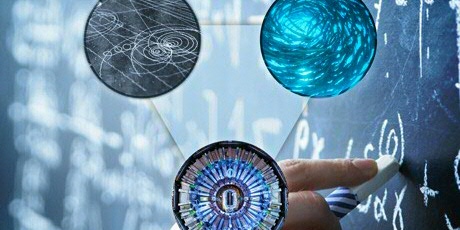
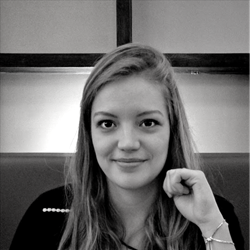
Martine Schut
PhD student at the van Swinderen Institute for Gravity and Particle Physics and the Bernoulli Institute for Mathematics, Computer Science and Artificial Intelligence
Supervisors: Roland van der Veen and Anupam Mazumdar
My research interests are in field theories, gravity and quantum systems. My main focus is on infrared quantum gravity, entanglement and decoherence. The goal of my research is to study large quantum systems that are entangled via gravity using mathematical techniques. At the moment I'm studying soft graviton emissions during potential scattering and I'm investigating the entropy of large entangled systems in different configurations, which are entangled via their mutual gravitational interaction.
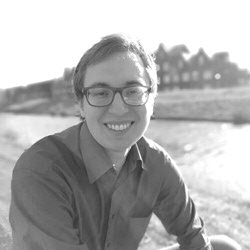
Kevin van Helden
PhD Student at the Bernoulli Institute for Mathematics, Computer Science and Artificial Intelligence and the Van Swinderen Institute for Gravity and Particle Physics
Supervisors: Eric A Bergshoeff and Roland van der Veen
My research is centered around interplay between mathematics and physics. To be more specific, my areas of interest include differential geometry, Lie theory and homological algebra on the mathematical side, and non-relativistic theories of gravity and field theory on the physical side. My current research projects are on classifying low dimensional strongly homotopy Lie algebras, which are a generalization of Lie algebras used in (string) field theories, and on understanding Chern-Simons theory for non-relativistic gravity and its relation with knots.
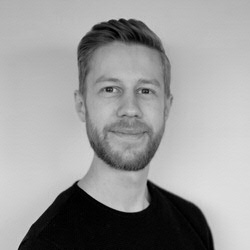
Jann Aschersleben
PhD Student at the Kapteyn Astronomical Institute and Bernoulli Institute for Mathematics, Computer Science and Artificial Intelligence
Supervisors: Reynier Peletier, Manuela Vecchi and Michael HF Wilkinson
My research is focused on the nature of dark matter, which is one of the biggest outstanding questions in physics. I develop machine learning algorithms to analyse the gamma-ray spectrum of dwarf galaxies with the upcoming Cherenkov Telescope Array (CTA) to search for a potential signal from dark matter self-annihilation.
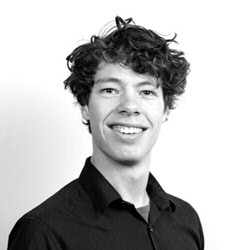
Dijs de Neeling
PhD Student at the Bernoulli Institute for Mathematics, Computer Science and Artificial Intelligence and the Van Swinderen Institute for Gravity and Particle Physics
Supervisors: Diederik Roest, Marcello Seri and Holger Waalkens
In Newton’s theory of gravity, the two-body problem be solved easily, resulting in beautifully simple ellipses closing in on themselves (in principle) for all eternity. Einstein’s theory however becomes complicated so quickly that we cannot even exactly solve the ordinary Kepler problem! To get a grip on the properties of gravitational problems, we look at some theories slightly different from General Relativity, with more easily describable equations, guided, as often in Physics, by their symmetries.
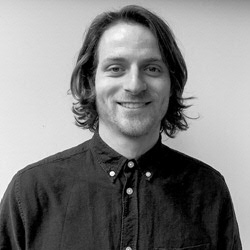
Thomas Flöss
PhD Student the Van Swinderen Institute for Gravity and Particle Physics and the Kapteyn Astronomical Institute
Supervisors: Diederik Roest, Daan Meerburg and Leon Koopmans
I study the use of 21 cm cosmology as a way to explore the physics of the early universe under the. The goal of my research is to determine predictions of cosmological inflation and determine to what extent the 21 cm signal from the Cosmological Dark Ages can be used to test them.
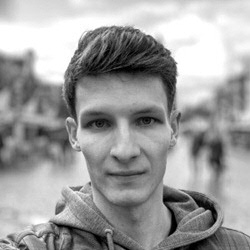
Bohdan Bidenko
PhD Student at the Kapteyn Astronomical Institute and the Van Swinderen Institute for Gravity and Particle Physics
Supervisors: Daan Meerburg and Leon Koopmans
I study the tension between Hubble parameter estimates obtained with early and late Universe cosmological probes. I am looking for a possible solution to this problem by considering a wide range of standard cosmological model extensions and testing the effect of possible hidden systematic errors. In particular, the cosmological probes of my interest are the imprint of baryon acoustic oscillations in the large-scale structure and the cosmic microwave background, type Ia supernovae, and time-delay cosmography.
Accomplishments
-
Lorentz Center school and yearly symposia
-
FotU student Martine Schut wins 2nd prize NTvN contest
Collaborations
-
Within FSE established 8 joined PhD projects among VSI, Kapteyn, Bernouilli institute
-
FotU Prof. Ema Dimastrogiovanni has a visiting professorship at the University of Hamburg
-
Beate Naroska guest professorship of the Cluster of Excellence Quantum Universe: awarded in 2021, it supports visits and scientific collaborations of Dr. Dimastrogiovanni and her group with colleagues at DESY and at the University of Hamburg.
-
Current collaborators in the Cluster include Prof. Geraldine Servant and Prof. Alexander Westphal and their respective research groups. Research directions of shared interest are inflation and primordial gravitational waves.
